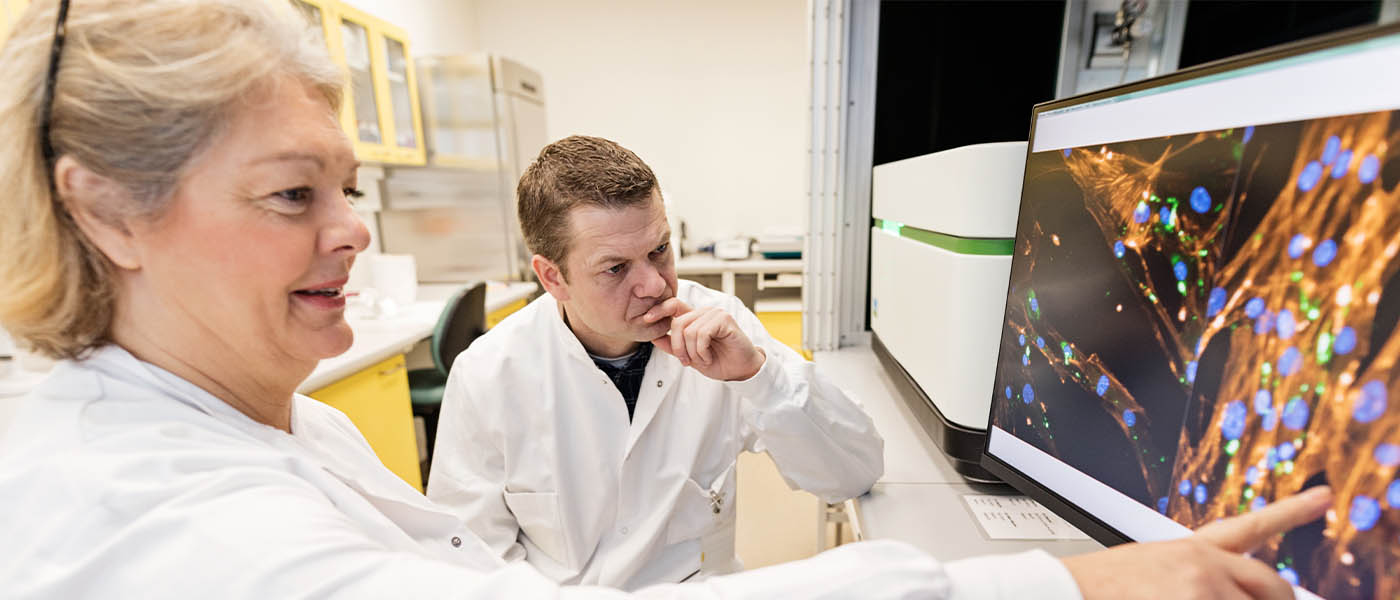We are transparent about our clinical trial results
Our commitments apply to interventional clinical trials (incl. drug-device combination trials) sponsored by LEO Pharma, and they currently meet, and in some cases exceed, existing requirements from authorities and major industry associations regarding disclosure of clinical trials.
Our undertakings for increased clinical trial transparency carefully take the confidentiality of our trial participants into account and each individual’s anonymity is maintained by protection of sensitive information.
For more information about our ongoing clinical trials in the UK and Ireland, as well as worldwide, please use the following links:
ClinicalTrials.gov (all countries)
Our pipeline
As a leader in treatments for psoriasis and atopic dermatitis, we are focused on maximising the potential of our existing portfolio whilst continuing to make major investments in R&D.
Today, people with skin diseases are treated with a wide variety of medicines such as topical creams and ointments, oral tablets and injectable biologics, depending on the severity of their disease. We acknowledge these different needs, and our aim is to discover and develop well-tolerated, effective treatments for patients.
LEO Pharma’s global R&D organisation is powered by more than 750 scientists and specialists who all possess in-depth knowledge of the skin. Together with our partners, we have built a strong pipeline in dermatology that covers several indications and addresses a wide range of medical needs. We are steadily expanding our pipeline with innovative topical, biologic and systemic treatments to help bring life-changing medicines to people with skin diseases.
We are committed to launching a new innovative dermatology treatment in an area of high unmet need every two-to-three years.

MAT-75547 August 2024

